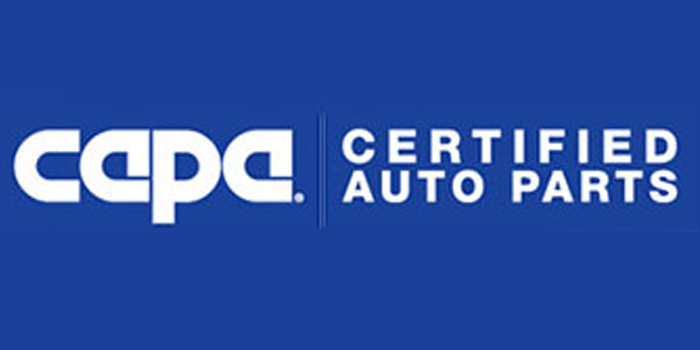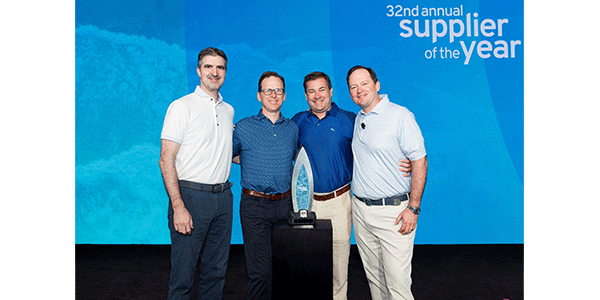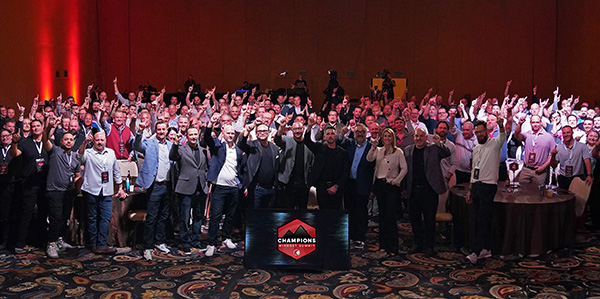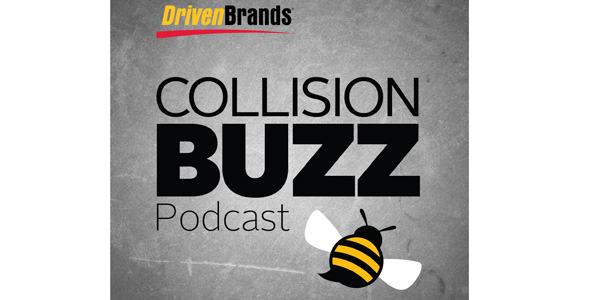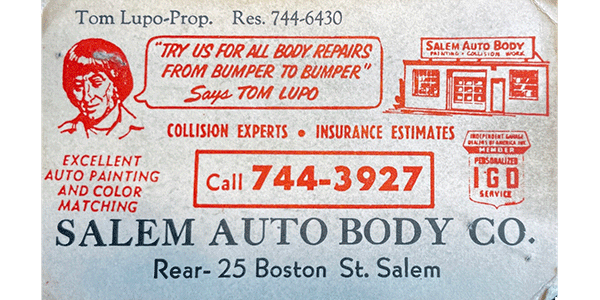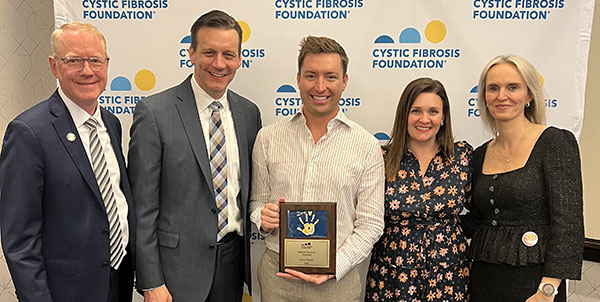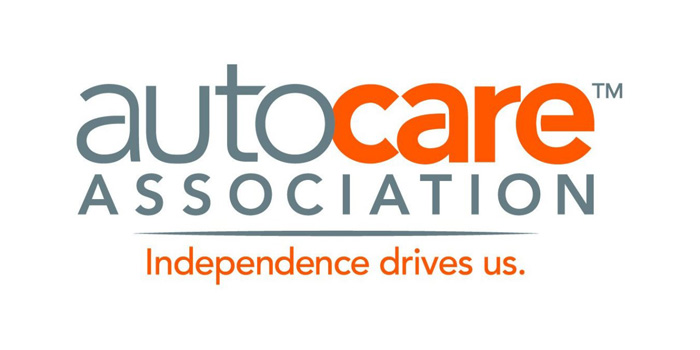The Association of California Insurance Companies (ACIC), a subsidiary of the Property Casualty Insurers Association of America (PCI), recently testified against regulations proposed by the California Department of Insurance that it says could severely damage automobile insurers’ ability to contain auto body
repair costs by removing checks and balances from the system.
At a hearing held Aug. 9 at the California Department of Insurance in
Sacramento, the ACIC stated its belief that consumers will pay the price for the "biased" regulations that favor body shops and OEMs through more expensive auto repair costs that could eventually increase premiums.
“These regulations essentially allow the auto body repair shops to ‘name their own price,’ charging whatever they want for auto repairs, and insurers will be required by these regulations to pay,” said Armand Feliciano, ACIC vice president. “Insurers pay for approximately 90 percent of the auto body repairs in the nation. The current free market system provides checks and balances by allowing the parties to work together to determine prices for auto repairs and parts. These regulations will undermine insurers’ ability to manage costs and basically provide auto body shops a blank check. These regulations completely ignore the fact that auto body shops are vendors with a financial stake in the system, not consumers. It is not the role of the insurance commissioner to interfere in the free market system and propose regulations that will financially benefit one party – auto body shops – at the expense of policyholders.”
ACIC also expressed its concern over the provisions concerning aftermarket parts.
“Commissioner Jones is effectively preventing the use of aftermarket parts, which provide an affordable alternative to OEM parts," said Feliciano. "These regulations erroneously require insurers to perform duties that should be handled by the manufacturers or distributors of aftermarket parts. The Property Casualty Insurers Association of America (PCI) estimates that OEM parts are 60 percent more expensive than aftermarket parts, and if these regulations take effect and aftermarket parts are not used in California, the cost of auto repair could increase by $379.9 million per year. If original auto parts are allowed to dominate the market, each Californian with auto insurance could see their premiums rise by $26. Given the fragile economy, why mandate certain parts that will increase costs to consumers? It is a fact that aftermarket parts provide competition to original auto parts, which helps keep the cost of repairs reasonable. Aftermarket parts serve the same function as generic drugs; they give consumers an alternative to the high cost of brand name drugs.”
Among many new provisions, the ACIC says these proposed regulations will:
• Mandate that insurer estimates for repair must be in the amount in “accordance with accepted trade standards.” The auto body shops will establish these standards.
• Insurers will be disallowed from preparing an estimate that’s less favorable to the claimant than the standards, costs and guidelines provided by third-party repair estimating software.
• Require insurers to pay the cost of any “inspections and tests” of non-original equipment manufacturer (non-OEM) replacement crash parts.
• Require insurers to stop using non-OEM parts if they have knowledge that such parts are not equal to OEM parts and require insurers to notify the estimating software provider and request this part be removed from their list. Insurers must also notify the certifying entity and the distributor if the insurer thinks the part is defective.
• Insurers will be required to pay the costs of returning a non-OEM part and pay the costs of removing and replacing the part if the part is thought to be not equal to OEM parts.
“These regulations are a blatant attempt to create new law via the regulatory process," said Feliciano. "Commissioner Jones and the Department of Insurance do not have the authority to regulate standards for repairs and use of aftermarket parts. ACIC’s regulatory comments document how the legal foundation of these regulations fails to meet the necessity, authority, clarity, consistency and reference standards under the California Administrative Procedures Act.
“These regulations remove consumer choice by squarely placing the auto body shops in total control of the auto repair process disregarding the legitimate interests of policyholders, insurers, parts manufacturers and parts distributors. Currently, consumers have a choice to use original or aftermarket parts. The department is proposing regulations that will stick California drivers with higher repair costs and fewer choices just to benefit auto body shops. It is seriously irresponsible to propose a law that allows one party to control the process and a law that the department cannot enforce.”
In arguing for the use of aftermarket parts, ACIC cited these statistics:
• PCI estimates that the availability of quality competitive replacement parts saved consumers more than $2.3 billion dollars in insurance costs per year nationwide.
• Alternative collision repair parts are anywhere from 26 to 50 percent less expensive than parts issued by automobile companies and also often have longer warranties.
• The availability of quality alternative collision parts means fewer delays in repairs, which gets consumers and business vehicles back on the road faster.
• The elimination of quality collision repair parts as a viable option for consumers could result in higher repair costs that could increase insurance premiums.
• The alternative collision repair parts industry provides tens of thousands of U.S. jobs across the country and has operations in all 50 states.
• Quality alternative collision repair parts are available to consumers at more than 40,000 body shops nationwide.
More information:

